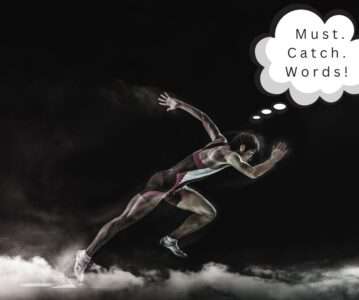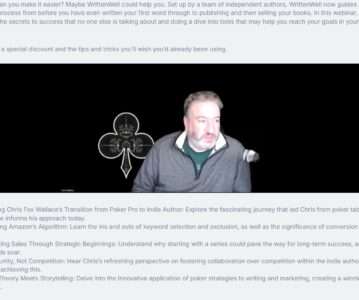 It’s About Character
It’s About Character
Any time I am asked how to write a particular part of a book — dialogue, action, sex, description etc. — the answer is always the same: it’s about character. If the aim of every portion of your book is to illuminate the inner workings of the viewpoint character of that scene, then you will write those portions well. What do I mean by that? Let’s start with a word I love: idiolect. While dialect is the way a certain group of people speak, idiolect is how a certain individual speaks. What you want to do when writing is apply...











